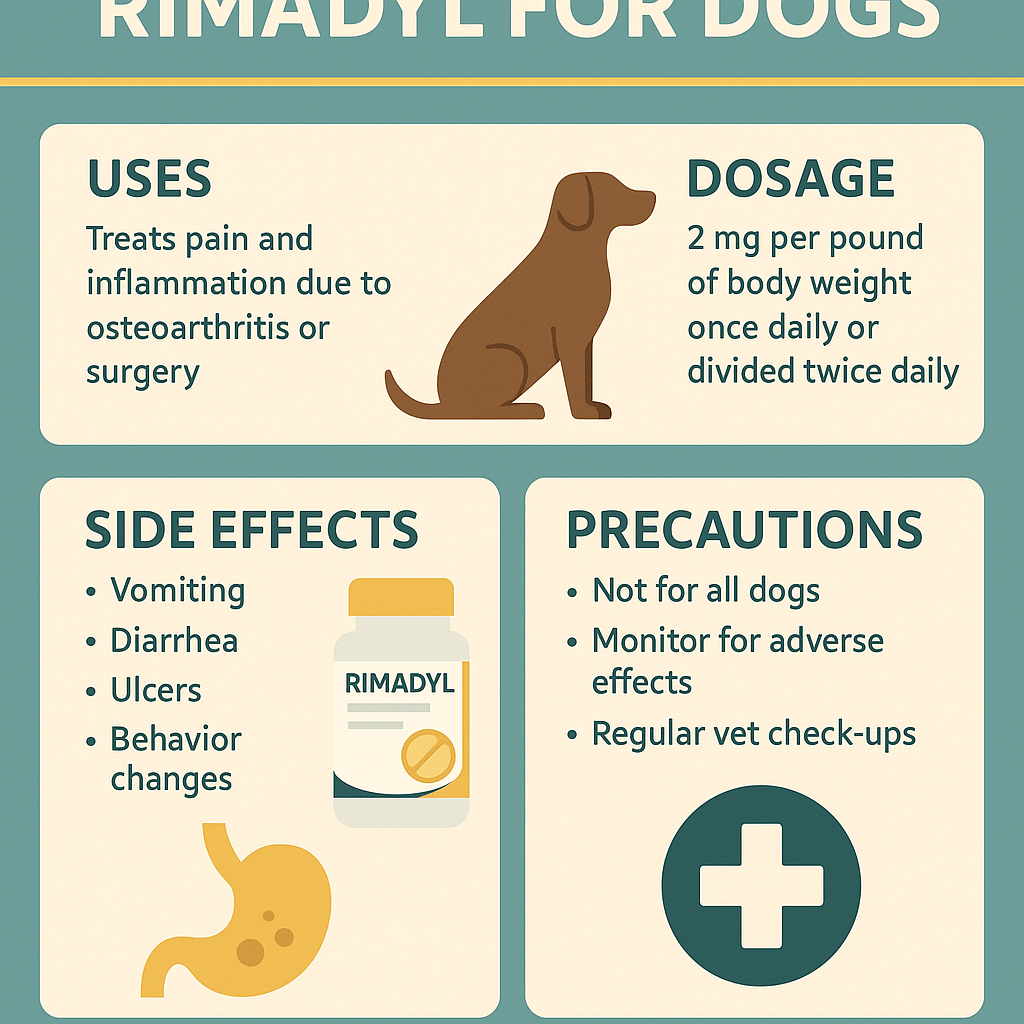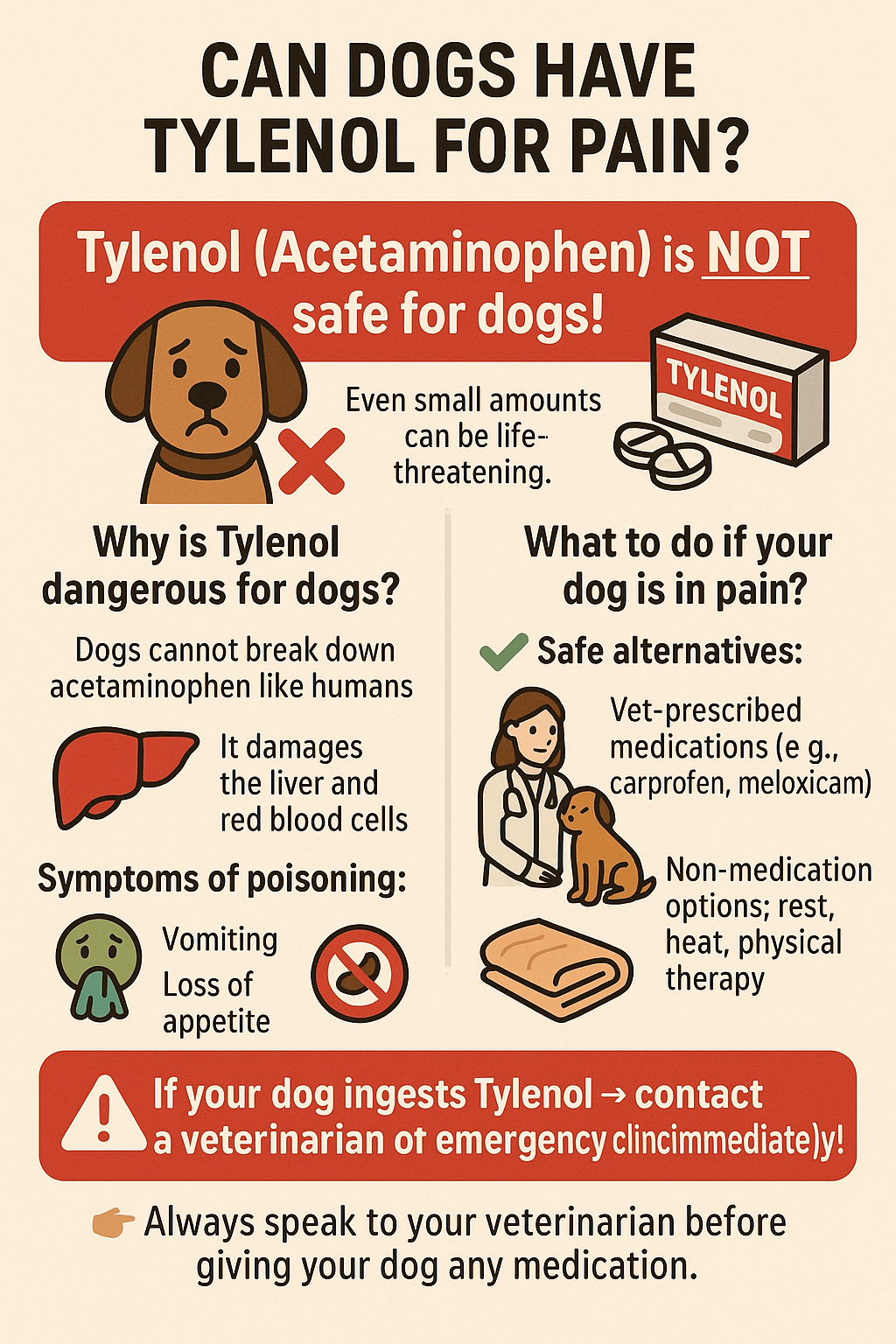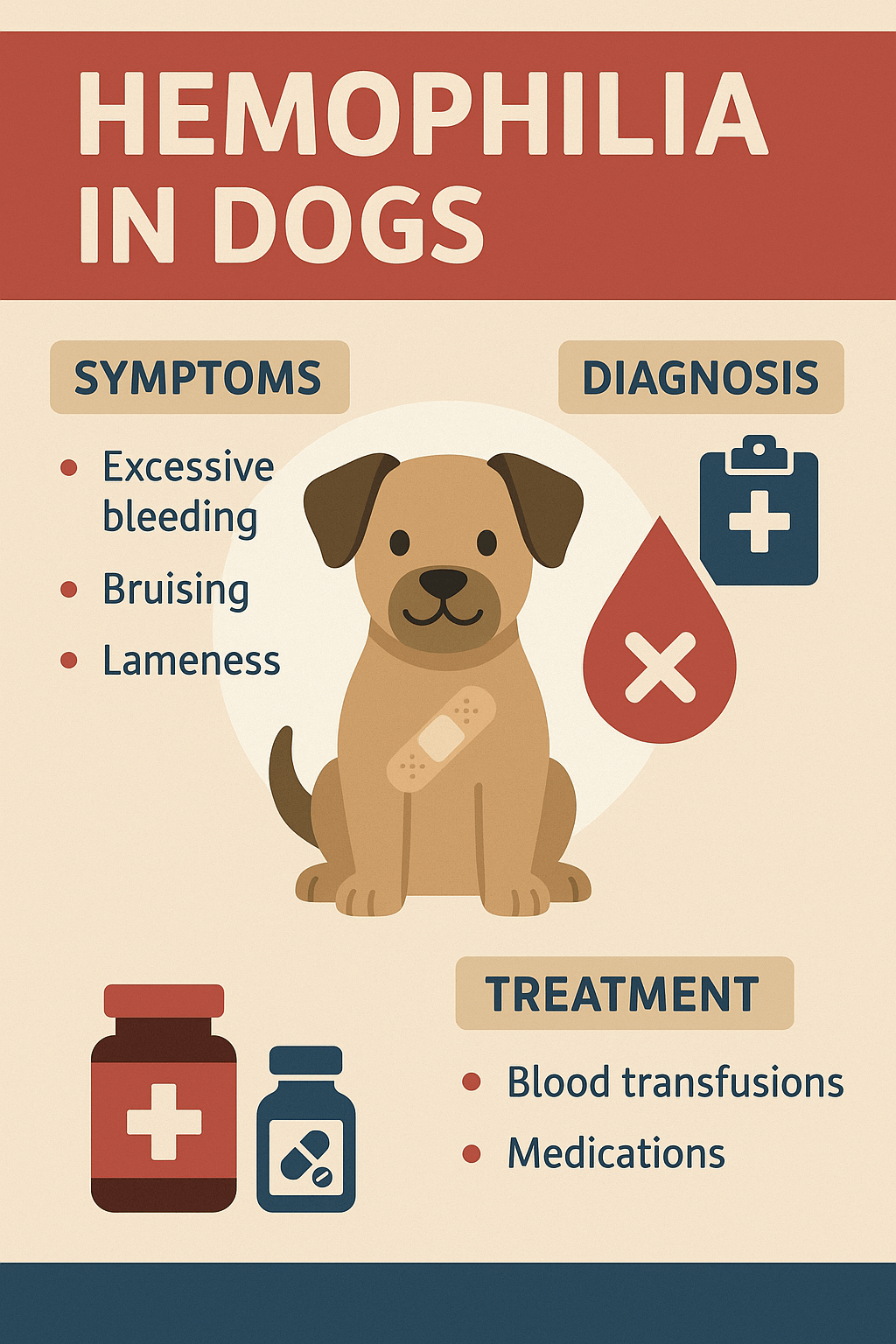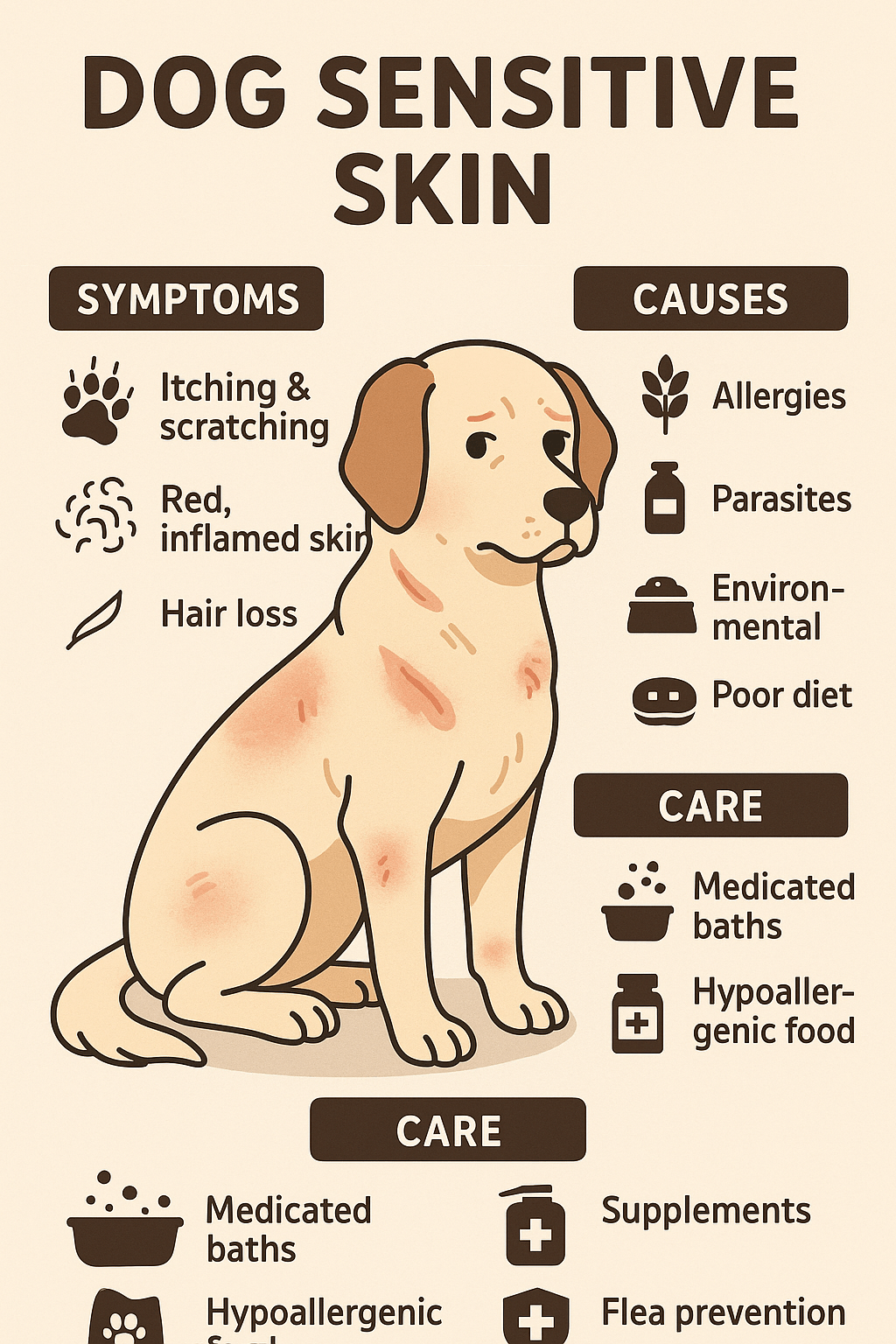Teacup Dogs: Tiny Companions with Big Personalities
Teacup dogs have captured the hearts of dog lovers worldwide with their pint-sized charm and adorable personalities. These miniature canines, often small enough to fit in the palm of your hand, are bred to be exceptionally tiny versions of already-small dog breeds like Chihuahuas, Poodles, and Yorkshire Terriers. While their size makes them irresistibly cute, teacup dogs come with unique care requirements and considerations that potential owners must understand.
Whether you’re drawn to their cuddly nature or their ability to thrive in small spaces, it’s essential to weigh the pros and cons before welcoming one into your home. This blog post will explore everything you need to know about teacup dogs, from their characteristics to their care needs, helping you decide if they’re the right fit for your lifestyle.
Characteristics of Teacup Dogs
Teacup dogs are known for their diminutive size and endearing traits, but what exactly sets them apart from other small dog breeds? Here’s a closer look at their defining characteristics.
Tiny Size:
Teacup dogs typically weigh less than 5 pounds and stand no taller than 10 inches at the shoulder, making them one of the smallest canine companions.Fragile Build:
Their delicate bone structure means they are more prone to injuries compared to larger breeds. Handling them requires extra care and gentleness.Big Personalities:
Despite their small stature, teacup dogs often have bold, confident personalities that make them lively and entertaining companions.Short Lifespan:
Due to their breeding, teacup dogs may have shorter lifespans compared to standard-sized dogs, often living around 8–12 years with proper care.High Dependency:
These dogs thrive on human interaction and can develop separation anxiety if left alone for extended periods.
Understanding these traits helps potential owners determine whether a teacup dog’s needs align with their lifestyle and capabilities.
Popular Teacup Dog Breeds
Several breeds are commonly bred down to teacup size, each with its own unique charm and quirks. Here’s an overview of some popular teacup dog breeds and what makes them special.
Teacup Chihuahua:
Known for their sassy attitude and loyalty, Teacup Chihuahuas are playful and thrive in cozy environments.Teacup Poodle:
With their curly coats and intelligent nature, Teacup Poodles are highly trainable and hypoallergenic, making them ideal for allergy sufferers.Teacup Yorkie:
Yorkies are affectionate and energetic, often forming strong bonds with their owners while requiring regular grooming.Teacup Shih Tzu:
These gentle and friendly dogs love lounging with their humans and are great for families seeking a calm companion.Teacup Maltese:
Maltese are known for their silky white coats and sweet temperaments, making them perfect lap dogs.
Each breed offers something unique, so consider your preferences and lifestyle when choosing a teacup dog.
Check this guide 👉How Long Do Teacup Dogs Live? Best 7 Expert Tips!
Check this guide 👉Designer Dog Definition: Best 7 Expert Tips!
Check this guide 👉Yorkie Weight: Best 7 Expert Tips!
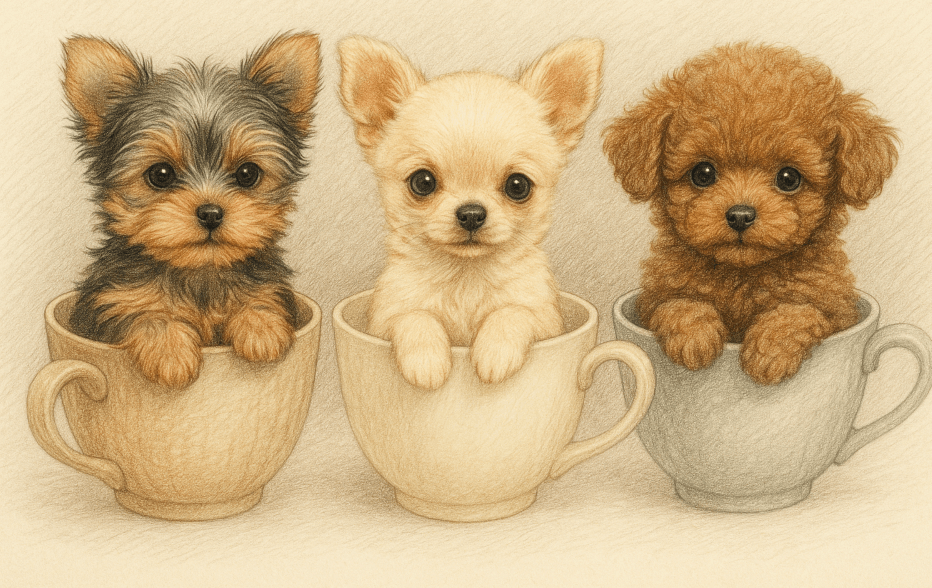
Pros of Owning a Teacup Dog | Cons of Owning a Teacup Dog |
|---|---|
Perfect for small living spaces | Fragile and prone to injuries |
Lightweight and easy to carry | Higher risk of health issues |
Adorable and portable companions | Requires constant supervision |
Great for apartment dwellers | Can be expensive to purchase and care for |
Forms strong bonds with owners | Shorter lifespan compared to larger dogs |
Health Considerations for Teacup Dogs
Teacup dogs are prone to specific health issues due to their size and breeding. Understanding these concerns is crucial for providing the best possible care.
Hypoglycemia:
Teacup dogs are at risk of low blood sugar, especially during puppyhood. Frequent small meals can help prevent this condition.Dental Problems:
Their small mouths often lead to overcrowded teeth, increasing the risk of gum disease and tooth decay. Regular dental cleanings are essential.Bone Fractures:
Their delicate bones are easily broken, so avoiding rough play and handling them gently is critical.Heart Conditions:
Some teacup dogs are predisposed to heart issues, which may require lifelong veterinary monitoring.Respiratory Issues:
Brachycephalic breeds like Teacup Pugs may struggle with breathing problems due to their flat faces.
Proactive care and regular vet visits can help mitigate these risks and ensure a happy, healthy life for your teacup dog.
Tips for Caring for a Teacup Dog
Caring for a teacup dog requires patience, attention to detail, and a willingness to meet their specialized needs. Follow these tips to keep your tiny companion thriving.
Feed Small, Frequent Meals:
Teacup dogs benefit from multiple small meals throughout the day to maintain stable energy levels and prevent hypoglycemia.Provide a Safe Environment:
Puppy-proof your home by removing hazards like sharp objects, loose wires, and tall furniture that could pose risks to your fragile pet.Monitor Exercise Levels:
Avoid overexertion during playtime; short, gentle walks and indoor play are sufficient for teacup dogs.Schedule Regular Vet Checkups:
Routine veterinary care is vital to catch and address potential health issues early.Invest in Grooming Supplies:
Many teacup breeds have long or curly coats that require regular brushing and professional grooming to stay healthy and tangle-free.
By following these guidelines, you can create a nurturing environment where your teacup dog feels safe and loved.
Common Misconceptions About Teacup Dogs
Despite their popularity, many misconceptions surround teacup dogs. Addressing these myths helps set realistic expectations for potential owners.
They Are Just Smaller Versions of Standard Dogs:
Teacup dogs are bred to be significantly smaller than their standard counterparts, but this comes with unique challenges not present in larger breeds.They Don’t Require Much Exercise:
While they don’t need long walks, teacup dogs still require regular movement to stay healthy and prevent obesity.They Are Low-Maintenance Pets:
Their fragility and grooming needs make teacup dogs anything but low-maintenance—they require attentive care daily.All Small Dogs Are “Teacup” Dogs:
Not all small dogs qualify as teacup dogs; true teacups are specifically bred to be unusually tiny.They Are Always Healthy:
Unfortunately, teacup dogs are prone to genetic health issues due to selective breeding practices.
Clarifying these misconceptions ensures you approach teacup dog ownership with accurate information.
Choosing the Right Accessories for Your Teacup Dog
Equipping yourself with the right accessories ensures your teacup dog stays comfortable and safe. Here’s what you’ll need to enhance their quality of life.
Soft Bedding:
A plush, supportive bed protects their joints and provides a cozy space to rest.Harness Instead of Collar:
Harnesses distribute pressure evenly, reducing strain on their delicate necks during walks.Portable Carrier:
A lightweight carrier allows you to transport your dog safely without causing stress or discomfort.Interactive Toys:
Small, soft toys stimulate their minds and encourage gentle play.Food and Water Bowls:
Elevated bowls reduce strain on their necks and make mealtime easier.
Having the right gear makes caring for your teacup dog easier and more enjoyable.
Training Tips for Teacup Dogs
Training a teacup dog requires patience and positive reinforcement to accommodate their size and temperament. Follow these tips for successful training sessions.
Use Positive Reinforcement:
Reward good behavior with treats, praise, or playtime to encourage learning without overwhelming them.Keep Sessions Short:
Teacup dogs have short attention spans, so limit training sessions to 5–10 minutes to maintain focus.Focus on Basic Commands:
Teach simple commands like “sit,” “stay,” and “come” to build a foundation for good behavior.Avoid Harsh Corrections:
Physical corrections or loud scolding can frighten teacup dogs; opt for gentle guidance instead.Socialize Early:
Introduce your dog to new people, pets, and environments gradually to build confidence and prevent fear-based reactions.
With consistent training, your teacup dog can learn good manners and become a well-behaved companion.
Frequently Asked Questions About Teacup Dogs
Are teacup dogs suitable for families with children?
Due to their fragility, teacup dogs are better suited for homes with older, responsible children who understand how to handle them gently.
How much do teacup dogs cost?
Prices vary depending on the breed but can range from $1,000 to $3,000 or more due to their rarity and demand.
Do teacup dogs require special diets?
Yes, they often need high-quality, nutrient-dense food served in small portions to support their metabolism and prevent hypoglycemia.
Can teacup dogs live in apartments?
Absolutely! Their small size makes them excellent candidates for apartment living, provided they receive adequate attention and exercise.
What is the average lifespan of a teacup dog?
Most teacup dogs live between 8 and 12 years, though proper care can extend their lifespan.
Is a Teacup Dog Right for You?
Teacup dogs bring joy and companionship to countless households, but they require a significant commitment to meet their unique needs. From their fragile health to their dependency on human interaction, these tiny pups demand careful consideration before adoption. If you’re prepared to provide the love, attention, and specialized care they need, a teacup dog can become a cherished member of your family. However, if their requirements don’t align with your lifestyle, it’s important to explore other breeds that might be a better fit. Remember, every dog deserves a loving home where they can thrive—so choose wisely!
Rimadyl for Dogs: Best 7 Expert Tips! Discover expert advice on using Rimadyl safely, managing pain, and improving your dog’s mobility with trusted veterinary insights.
Can Dogs Have Tylenol for Pain? Best 7 Expert Tips! Discover the risks, safe alternatives, and expert advice on managing your dog’s pain effectively while avoiding harmful medications.
Understanding Hemophilia in Dogs: Best 7 Expert Tips! Discover expert advice on managing hemophilia, recognizing symptoms, and ensuring your dog’s well-being with practical care strategies.
Understanding Dog Sensitive Skin: Best 7 Expert Tips! Discover expert advice on managing dog sensitive skin, relieving irritation, and improving your pup’s comfort with practical solutions.

